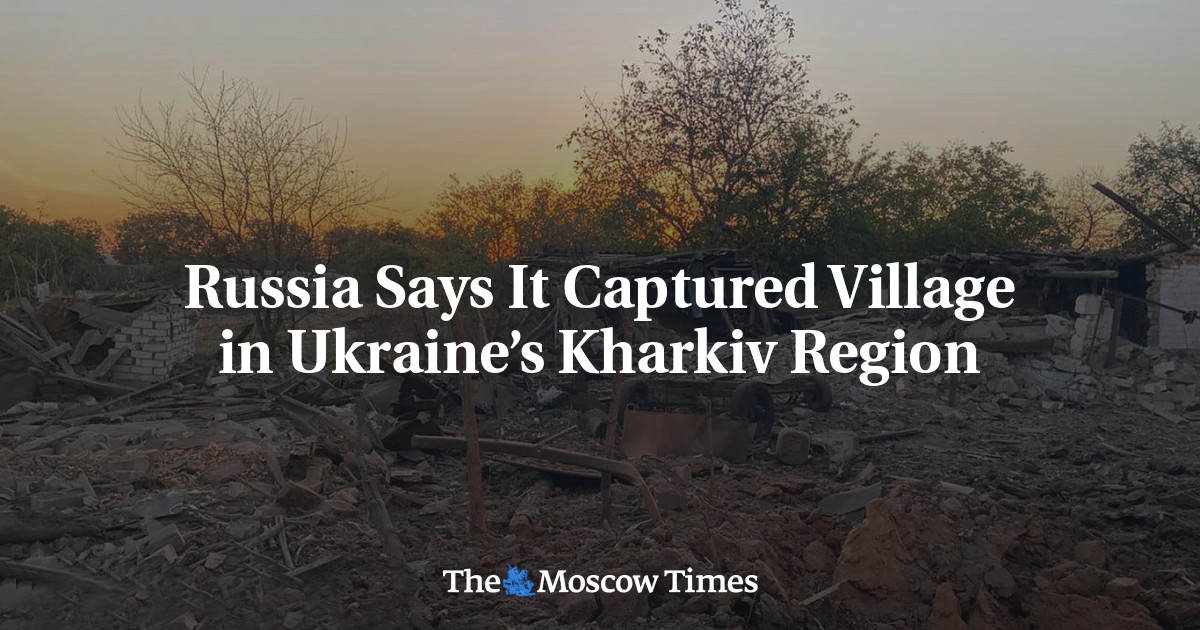Russia’s Central Bank raised its key interest rate from 19% to a historic 21% on Friday, taking it even higher than the emergency rate initially introduced after the full-scale invasion of Ukraine as officials scrambled to shield the economy from Western sanctions.
A rate increase of 1% had been widely anticipated by analysts, as inflation continues to weigh on Russia’s economy amid surging military spending for the war in Ukraine. But Friday’s increase of 2%, coming after multiple rate hikes over the past year, signals increasingly aggressive efforts by the Central Bank to curb inflation.
“Inflation expectations continue to increase,” policymakers said in a statement. “Growth in domestic demand is significantly outstripping the capabilities to expand the supply of goods and services.”
“Further tightening of monetary policy is required to ensure the return of inflation to the target and reduce inflation expectations,” the bank added, noting that it may further increase rates at its next meeting on Nov. 6. Russia’s Central Bank sets its inflation target at 4%.
The regulator said seasonally adjusted price growth last month rose to 9.8% year-on-year from 7.5% in August. Core inflation, meanwhile, increased to 9.1% from 7.7% over the same period.
“Over the medium-term horizon, the balance of inflation risks is still significantly tilted to the upside,” the Central Bank said Friday, noting that it expects annual inflation between 8% and 8.5% by the end of 2024.
Russia has faced volatile prices since it sent troops into Ukraine in February 2022, triggering a barrage of Western sanctions and strict countermeasures in a bid to stabilize the economy. So, too, has defense spending soared as Moscow ramps up arms production for the war in Ukraine.
According to President Vladimir Putin, Russia is set to spend almost 9% of its GDP on defense and security this year, a figure unprecedented since the days of the Soviet Union.
That surge in state spending, combined with record labor shortages across a number of sectors, has created an inflationary spiral that Russia has been unable to shake off despite a gradual increase in interest rates.
Given that so much of the spending is being driven by the state, which is less responsive to higher borrowing costs, analysts fear interest rate rises may not be an effective tool against inflation.
A Message from The Moscow Times:
Dear readers,
We are facing unprecedented challenges. Russia's Prosecutor General's Office has designated The Moscow Times as an "undesirable" organization, criminalizing our work and putting our staff at risk of prosecution. This follows our earlier unjust labeling as a "foreign agent."
These actions are direct attempts to silence independent journalism in Russia. The authorities claim our work "discredits the decisions of the Russian leadership." We see things differently: we strive to provide accurate, unbiased reporting on Russia.
We, the journalists of The Moscow Times, refuse to be silenced. But to continue our work, we need your help.
Your support, no matter how small, makes a world of difference. If you can, please support us monthly starting from just $2. It's quick to set up, and every contribution makes a significant impact.
By supporting The Moscow Times, you're defending open, independent journalism in the face of repression. Thank you for standing with us.
Continue
![]()
Not ready to support today?
Remind me later.

 By The Moscow Times | Created at 2024-10-29 18:21:20 | Updated at 2024-10-30 11:32:51
5 days ago
By The Moscow Times | Created at 2024-10-29 18:21:20 | Updated at 2024-10-30 11:32:51
5 days ago



